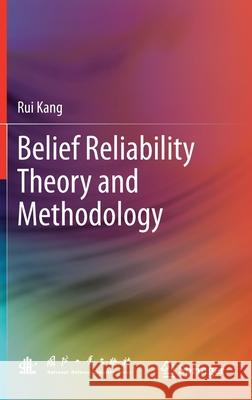Belief Reliability Theory and Methodology » książka
topmenu
Belief Reliability Theory and Methodology
ISBN-13: 9789811608223 / Angielski / Twarda / 2021 / 187 str.
Kategorie:
Kategorie BISAC:
Wydawca:
Springer
Język:
Angielski
ISBN-13:
9789811608223
Rok wydania:
2021
Wydanie:
2021
Ilość stron:
187
Waga:
0.45 kg
Wymiary:
23.39 x 15.6 x 1.27
Oprawa:
Twarda
Wolumenów:
01
Dodatkowe informacje:
Wydanie ilustrowane











